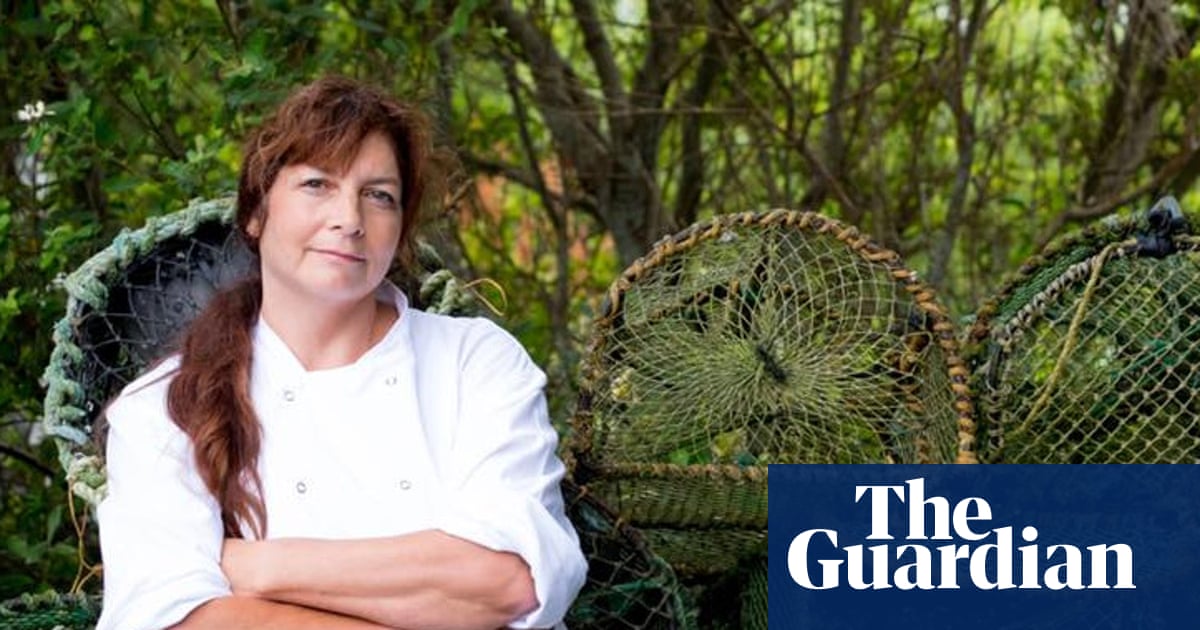Bonuses for 10 water company executives in England, including the boss of Thames Water, will be banned with immediate effect over serious sewage pollution, as part of new powers brought in by the Labour government.
The top executives of six water companies who have overseen the most serious pollution events will not receive performance rewards this year, the environment said.
The companies – Thames Water, Anglian Water, Southern Water, United Utilities, Wessex Water and Yorkshire Water – are responsible for the most serious category of sewage pollution into rivers and seas, all of which are, or have been, under criminal investigation by the Environment Agency.
Under powers in Labour’s Water (Special Measures) Act 2025, the regulator, Ofwat, is now able to ban bonuses for water executives where a company fails to meet key standards on environmental and financial performance, or is convicted of a criminal offence.
In the past 10 years, executives at the nine main water and sewerage companies have been paid £112m in bonuses while sewage pollution increased to a record last year of 2,487 events.
Reed said: “Water company bosses, like anyone else, should only get bonuses if they’ve performed well – certainly not if they’ve failed to tackle water pollution. Undeserved bonuses will now be banned as part of the government’s plan to clean up our rivers, lakes and seas for good.”
Bonuses have been banned for Thames Water’s chief executive, Chris Weston, and Steve Buck, its chief financial officer. Southern Water, United Utilities and Yorkshire Water have also had bonuses banned for their chief executives and chief financial officers.
Thames, which is struggling to avoid collapsing into temporary state ownership as it labours under debts of £20bn, was targeted both for its financial failures and for seven major pollution events, which took place in Slough, in Berkshire; Three Rivers District; the Chilterns; Sevenoaks; Reigate; Runnymede and Enfield last year.
Andy Pymer, the chief finance officer of Wessex Water, had his bonus banned over the company’s criminal conviction last November for sewage leaks that killed thousands of fish, which the company failed to report.
Mark Thurston, the boss of Anglian Water, is having his bonus banned for a serious pollution event in Peterborough last September.
The other executives who will not be allowed to take bonuses are: Lawrence Gosden and Stuart Ledger, CEO and CFO respectively of Southern Water; Louise Beardmore and Phil Aspin, CEO and CFO respectively of United Utilities; and Nicola Shaw and Paul Inman, CEO and CFO respectively of Yorkshire Water.
Last month the Guardian revealed Reed planned to block Thames Water from paying separate retention bonuses to senior executives from a £3bn emergency loan that was meant to stabilise the company’s finances and save it from collapse.
Thames’s chair, Adrian Montague, defended the planned rewards of 50% of salary, arguing senior managers were the company’s “most precious resource”. Thames later announced it was pausing the retention bonus payments and Montague was forced to apologise to MPs last month, saying he may have “misspoken” when he claimed lenders had insisted on the bonuses.
On Tuesday, the US private equity firm KKR pulled out of a £4bn rescue deal for Thames Water, putting the company’s future in doubt and increasing the prospect of a temporary nationalisation. KKR is understood to have decided the political risks of owning Thames were too great, and it was also concerned about the poor state of the company’s assets.
The bonus ban comes into place immediately as part of what Reed promised to be tougher enforcement against failing water companies. Last year alone water executives were paid bonuses of £7.6m while overseeing record levels of pollution.
Reed has been accused of putting off investors into England’s troubled water industry by his tough stance. The Conservative MP Victoria Atkins accused him in the Commons of undermining the rescue deal with negative rhetoric.
But Reed said: “I will make no apology for tackling the poor behaviour of water companies and water company executives that took place under the previous government and that we are correcting.”
Becky Malby, of the campaign group Ilkley Clean River, welcomed the bonus bans but said they were further evidence that the privatised industry could not be trusted.
“We are seeing fines, bonus bans and criminal investigations into water companies. This shows us just how broken the system is,” she said. “The public has consistently wanted water companies to be publicly owned. What is it about this plethora of evidence that makes the government confident that the current privatised system can deliver?”
James Wallace, chief executive of River Action, said: “Banning bonuses is a welcome step from the government. But we won’t end pollution for profit until water companies are refinanced and governed for public benefit. Any attempt to inflate base pay as a workaround must be stamped out. The era of rewarding criminal leadership must end. No more cream for the fat cats.”
Caroline Voaden, MP for South Devon, said it was baffling why South West Water bosses had not had their bonuses banned. “It’s hard to think of a company more deserving to have its boss’s bonuses banned than South West Water,” she said. “Not only did the company preside over the cryptosporidium outbreak in the relevant financial year, but in June, just weeks after the outbreak, South West Water’s CEO saw her salary increased by £300,000, proving their absolute contempt for affected customers.”
A spokesperson for Water UK, which represents the industry, said: “Performance-related pay is independently determined by remuneration committees, which will abide by the laws and regulations set by government. Water companies are focused on investing a record £104bn over the next five years to secure our water supplies, end sewage entering our rivers and seas and support economic growth.”

 3 months ago
94
3 months ago
94

















































